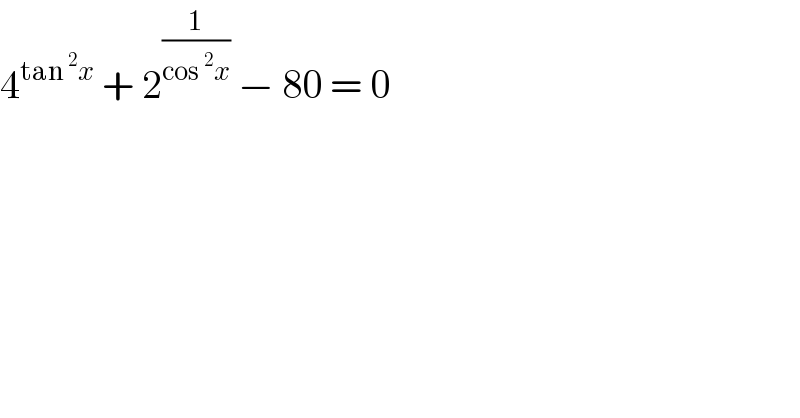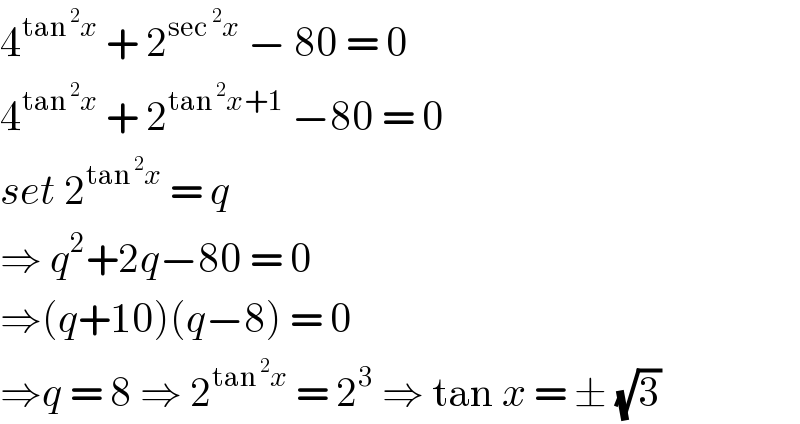
Question and Answers Forum
Question Number 112145 by weltr last updated on 06/Sep/20

Answered by bemath last updated on 06/Sep/20

Commented by weltr last updated on 06/Sep/20

Commented by bobhans last updated on 06/Sep/20

Commented by weltr last updated on 07/Sep/20

